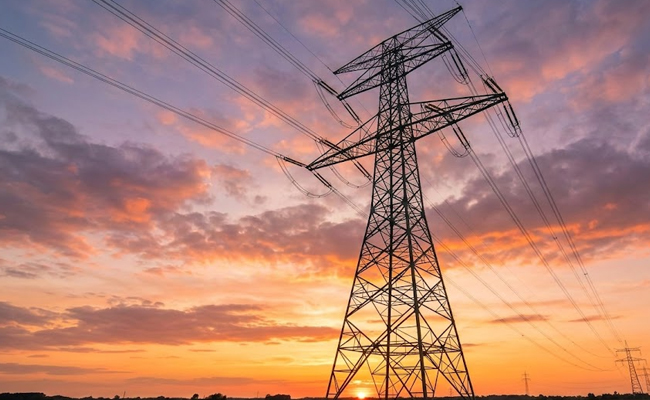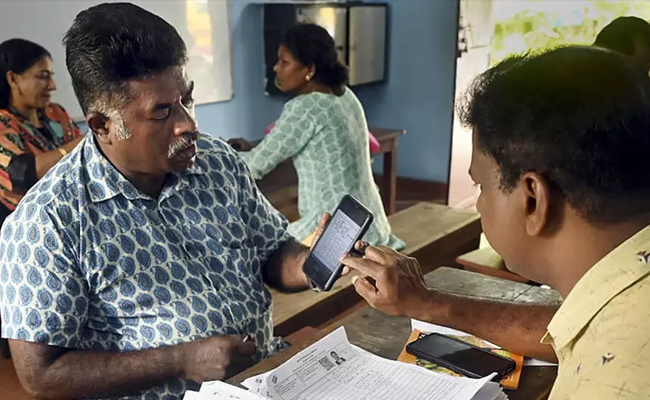Bijnor/Meerut (UP) (PTI): Four members of a gang have been arrested for kidnapping actor Mushtaq Mohammad Khan from the Delhi airport, holding him hostage in Bijnor district of Uttar Pradesh and demanding ransom, officials said.
According to police, the miscreants were also plotting to abduct veteran actor Shakti Kapoor on the pretext of inviting him to an event.
Bijnor Superintendent of Police (SP) Abhishek Jha shared the details on Saturday, saying that Mushtaq Khan's event manager, Shivam Yadav, had filed a complaint on December 9.
According to the complaint, Lavi alias Rahul Saini had on October 15 sent an advance payment of Rs 25,000 and an air ticket to invite Khan to an event in Meerut. Upon arriving at the Delhi airport on November 20, Mushtaq was received by a cab driver who took him to a famous 'shikanji' shop between Meerut and Delhi.
There, Khan was forced into another vehicle, where more individuals joined him. The actor was then threatened and informed that he had been kidnapped and was being held captive at the home of Lavi, a criminal involved in the case, police said.
"During his captivity, the kidnappers took Mushtaq Khan's bank account details and password. On the night of November 20, the accused consumed alcohol and slept. The following morning, Mushtaq Khan managed to escape and reached a mosque in Mohalla Chahshiri, where locals contacted his family and helped him return home.
"On November 21, the kidnappers withdrew Rs 2.2 lakh from Mushtaq Khan's bank account while shopping in Meerut and Muzaffarnagar," the officer said.
The arrested gang members have been identified as Sarthak Chaudhary, Sabiuddin, Azim, and Shashank. Police have also recovered Rs 1.04 lakh from their possession.
Police revealed that the gang was involved in abducting film stars by sending advance payments and air tickets under the guise of event invitations.
The investigation has also revealed that actor Shakti Kapoor was offered Rs 5 lakh to attend a similar event, but the deal fell through due to a high advance request.
Police are now investigating whether the gang was involved in the kidnapping of other film stars.
Efforts are on to track down the remaining members of the gang, including Lavi.
Meanwhile, in a related development, Arjun, one of the kidnappers involved in comedian Sunil Pal's abduction, was shot and injured during an encounter with police in Meerut on Sunday.
Arjun, who was arrested on Saturday, attempted to escape while being escorted for a medical checkup at Lalkurti police station by snatching the pistol of a sub-inspector, the Meerut police said.
Arjun, while trying to flee, opened fire indiscriminately at the police team. The police team retaliated, and Arjun was shot and injured in the exchange of fire.
Meerut Senior Superintendent of Police (SSP) Vipin Tada said that police had recovered from Arjun an SUV, a Scorpio, used in Sunil Pal's kidnapping last month, along with Rs 2.25 lakh cash and a mobile phone used in the crime.
"Arjun was immediately taken to the hospital in an injured condition. Police are now searching for his associates, as they believe the gang involved in the kidnapping is based in Bijnor. Authorities have also contacted the victim for further statements and are continuing their investigation into the case," the SSP said.
Let the Truth be known. If you read VB and like VB, please be a VB Supporter and Help us deliver the Truth to one and all.
Bengaluru (PTI): A 22-year-old man has been arrested for allegedly killing his uncle following a dispute over vacating a house and attempting to pass off the death as accidental, police said on Wednesday.
The accused has been identified as Masroor Ahmed.
The victim, Inayath Pasha, was living alone on the ground floor of his sister’s house in Austin Town on a lease basis. Police said he had a disability in his left leg due to polio since birth, and earned his livelihood as a two-wheeler mechanic.
According to the complaint, on the evening of March 1, Pasha’s son visited him at home and found him lying unresponsive.
On checking, he discovered that his father had died. A case of unnatural death was initially registered at the Viveknagar police station.
During further investigation, police questioned Pasha’s sister, her son, and other relatives.
A relative raised suspicion about the circumstances of the death, following which a murder case was registered, a senior police officer said.
During interrogation, it emerged that an argument had taken place on March 1 between Pasha and his nephew, Ahmed, over vacating the house.
Police said that during the altercation, Ahmed allegedly assaulted Pasha, causing him to lose consciousness and collapse.
The accused then placed him on the bed and left the scene, police added.





